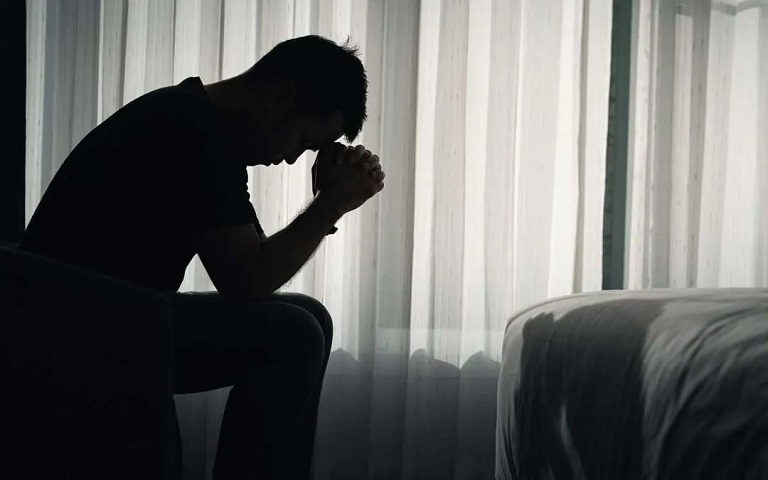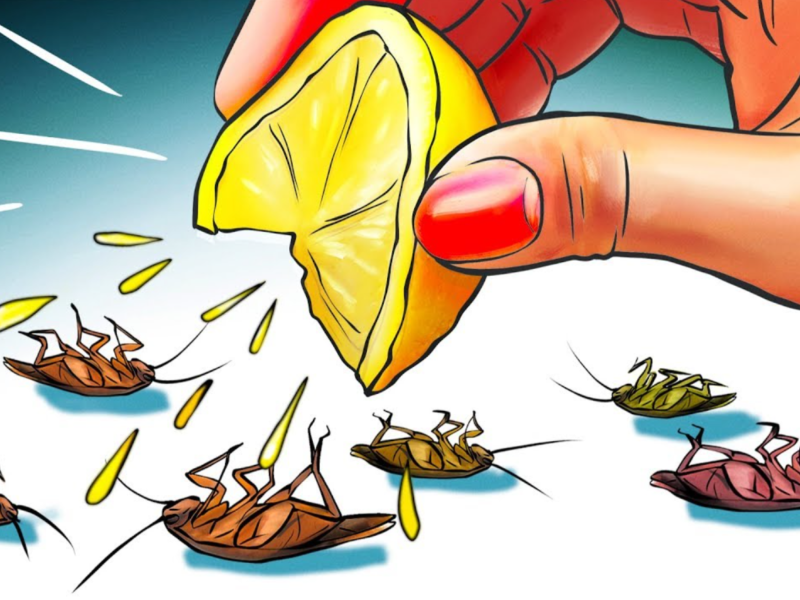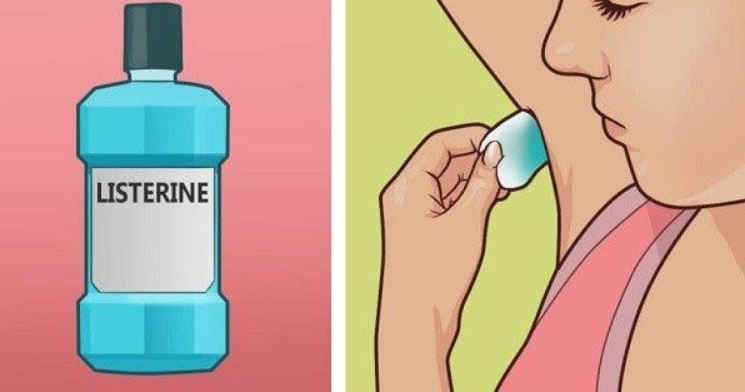The term “depression” has entered common parlance; we all talk about it, we all know someone who is being treated for it, and we all know someone who we suspect is depressed but refuses to seek assistance.
And we all experience depressive episodes, times when we feel down and are aware of it. And, while we are becoming more aware that depression is a serious and dangerous disorder that can lead to suicide, other indications of depression are not as obvious as those that we can recognise and name.
Feelings of sadness or hopelessness, feelings of worthlessness, loss of interest or pleasure in previously enjoyed activities, insomnia or excessive sleeping, tiredness or loss of energy, suicidal thoughts, attempting suicide, or making a plan to commit suicide are all common symptoms of depression. That is what concerns us, because we can see and recognise it in ourselves and those near to us. Other indicators of depression, on the other hand, can be misconstrued and go “under the radar.”
Signs of depression that are not obvious
Anger and rage
Anger and wrath are strong and aggressive emotions that can disguise depression – some people do not know how to process or express fear, hopelessness, helplessness, or grief, but anger is familiar to them, and they channel all of these feelings via it. However, it is a misguided channelling that keeps them from realising their own emotions while also keeping others from seeing them as fragile, weak, and unworthy.
Find out more about: Do It Now! A Drink That Melts The Pounds, And Which Is Actually Very Tasty!
Depressed males, like those who have undergone trauma and violence, tend to lash out in fury and launch verbal or physical attacks instead of crying and asking for a hug or someone to listen and empathise with them. Basically, anyone can have this unhealthy coping mechanism, but men are at a disadvantage because of social prejudices – anger and rage are emotions that a man is allowed to express without shame, they are “masculine” and “allowed” feelings, whereas women have a wider range of emotional expression and are “allowed” to despair and cry. Common symptoms of depression are connected and stigmatised, preventing men from getting assistance, while fear of rejection, additional alienation, and impeding masculinity from obtaining care exacerbates symptoms.
Guilt and signs of depression
Excessive guilt is one of the lesser-known symptoms of depression, and most people are unaware that the guilt they experience is a symptom of something deeper and more serious.
Guilt is fairly common and exists to varying degrees in everyone – everyone with a reasonable sense of empathy and self-awareness will frequently cope with guilt. Excessive guilt, on the other hand, over a long period of time, over minor or even fictional issues, can indicate a significant problem.
Excessive guilt can be mistaken as a major anxiety or personality illness, leading to paranoid patterns in which you believe others are gossiping about you, are angry with you, or are blaming you for something you’ve done or believe you’ve done. All of these are possible symptoms of depression that you should be aware of if you observe them in yourself or someone close to you.
Excessive hunger
Emotions can be translated into physical sensations – practically all of us have experienced “nervous-based” hunger, or emotional overeating, in order to fill the voids in ourselves, the places where we lack something crucial. Trauma and loss can leave what appears to be a gap that must be filled. When life is empty and nothing fills us, food is always around and (temporarily) soothing.
Although eating disorders, binge eating, and bulimia can be linked to depression, this is not always the case. There are additional brain diseases and hormonal imbalances that might increase hunger or influence eating disorders. It’s not normal to always experience the want to eat, whether you’re giving in to them or resisting them – it could signal discomfort lurking beneath the hunger.
Physical pain as a sign of depression
Physical pain, such as headaches and migraines, joint and muscle pain, chest pain, and even digestive issues, can be hidden indicators of melancholy.
Although the continual presence of pain can lead to depressive feelings, not all persons with chronic or acute pain suffer from depression, just as not all depressed people have physical pain. However, persistent pain without a clear reason, combined with other symptoms, can suggest depression, as well as other diseases such as fibromyalgia, lupus, and multiple sclerosis. That is why consulting professionals, doctors, and therapists can be critical in determining the reasons and resolving complicated body and mental problems.
If you observe any of the above symptoms in yourself or a loved one, it is critical that you get professional help or encourage someone else to do so. Depression is a serious and debilitating condition that must be treated properly.
After reading this text you can also read about: A Drink That Stops Aging: The Skin Becomes Brighter And Tighter, And The Hair Does Not Turn White!



